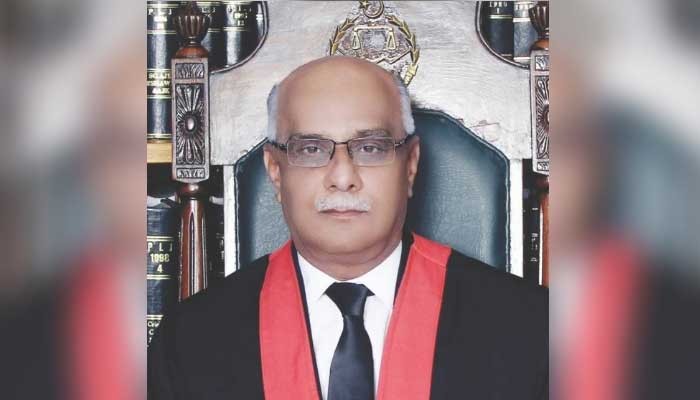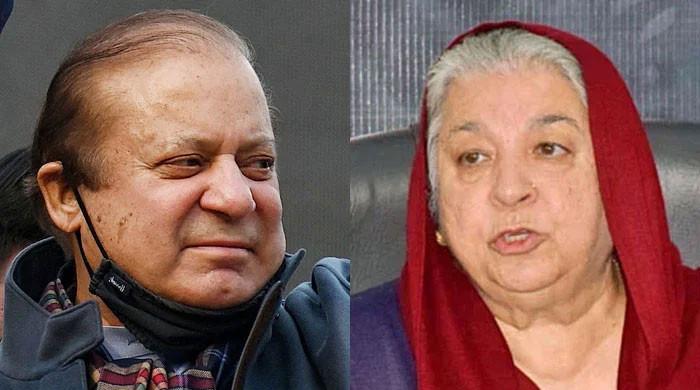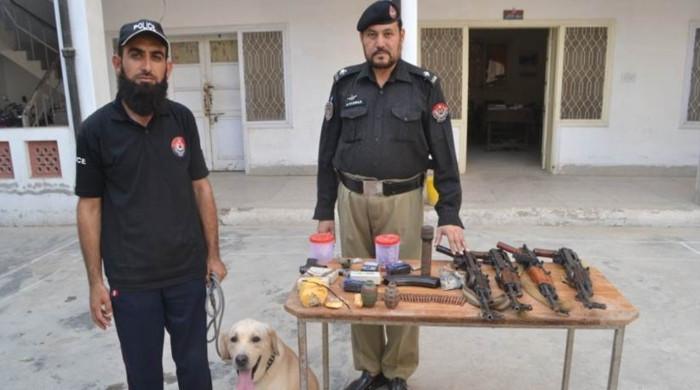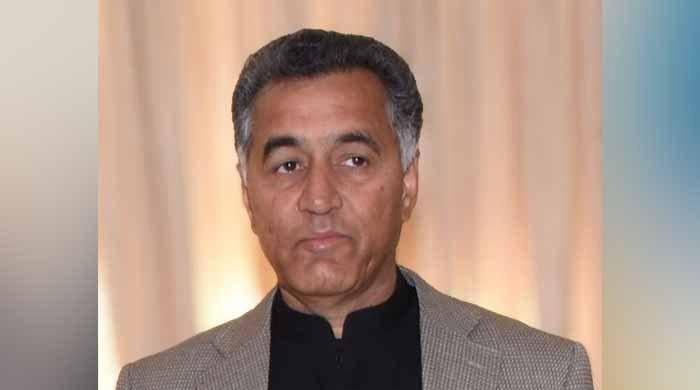Can a case against Justice Seth be made in the Supreme Judicial Council?
Politician and lawyers were aghast at the severity of Justice Seth words in the Pervez Musharraf verdict
December 20, 2019

When the detailed verdict, of the high treason case against former president Pervez Musharraf, was made public, one paragraph stood out. In it, Justice Waqar Ahmed Seth, who headed the three-member bench, ordered the former army chief’s corpse to be hung in a main square for three days.
Politician and lawyers were aghast at the severity of the judge’s words. Others judges on the bench also disagreed with denying a convict dignity after death, as enshrined in the constitution.
A few hours later, Pakistan’s law minister held a press conference to excoriate Justice Seth, zooming in on the single para rather than the other 169 pages of the judgement. The minister called the judge ‘mentally unfit’ and ‘incompetent’. He then announced that the government will be filling a reference against the judge to restrain him from discharging any administrative duties.
If the government is to press ahead with it, the president will need to send a direction to the Supreme Judicial Council to probe the matter.
Read also: 'Ridiculous, barbaric': Paragraph 66 of Musharraf verdict draws outcry
What is the Supreme Judicial Council?
As per Article 209 of the constitution, the Supreme Judicial Council consists of five members — the chief justice of the supreme court, the next two senior most judges of the apex court and two senior judges from the high courts.
The Council may initiate a probe, on the request of the president or on its own, if it suspects that a judge may be incapable of properly preforming his/her duties by reason of physical and mental incapacity. Or, a judge maybe guilty of misconduct.
All proceedings are in camera and are not open to public.
In either case, if a judge is charged with the above, a reference against him/her will be sent to the president, who will then remove the judge from court.
Musharraf treason case: All evidence points to crime of high treason, court says
How is ‘misconduct’ and ‘mental incapacity’ defined?
The Supreme Judicial Council Procedure of Inquiry 2005, which lays down the rules for the functioning of the Supreme Judicial Council, defines ‘misconduct’ as: conduct unbecoming of a judge, disregarding the code of conduct under Article 209 and someone who is found to be inefficient.
Incapacity is described as ‘all forms of physical or mental incapacity which will render the judge incapable of preforming his duties in office.’
How would the case against Justice Seth proceed?
If the government plans to make its case against Justice Seth on the basis of him being ‘mentally unfit’, therefore a case of ‘incapacity’, the Council may summon any expert, states the Procedure of Inquiry, to probe the ‘incapacity’ of the judge and order a medical examination by a local or foreign expert.
The opinion of the majority judges will prevail.
However, the Procedure of Inquiry also clearly states that incase it finds ‘the information or evidence provided to it was false or with the sole intention to malign a judge, or scandalizing the court or to undermine it in any form whatsoever, it may direct action against all those who are found to have provided the said information, or evidence as the case may be.’









